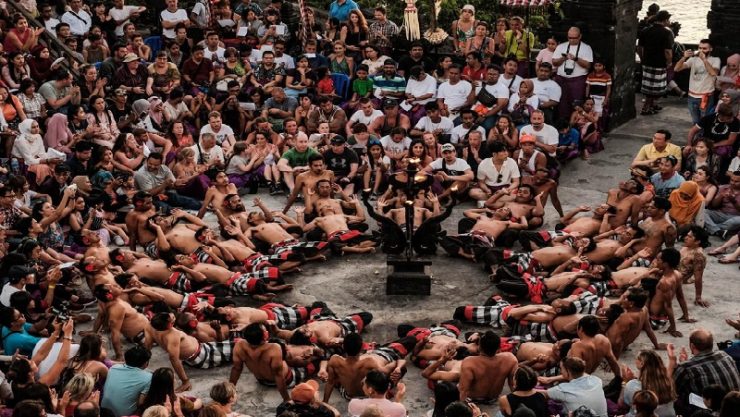BALI ISLAND will impose a levy or levy on foreign tourists of IDR150,000 starting February 14, 2024 as an effort to increase regional income and the quality of Bali tourism. This tourist levy policy is considered a new breakthrough in the Indonesian tourism industry, because no other region or tourist destination has implemented a similar policy.
However, at the global tourism level, levies on foreign tourists are actually not a thing, before Bali, many tourist destination cities had implemented similar policies, the value of the levies also varied depending on local government policies.
According to data from the Indonesian Tourism Industry Association (GIPI) Bali, said there are at least six cities and countries that have collected levies from foreign tourists who come on tour. The first city is Amsterdam, Netherlands. Amsterdam charges €8 for each cruise ship traveller, then 12.5% of the hotel room tax.
Furthermore, the cities of Barcelona and Valencia in Spain also apply a tourist tax which is levied at €3.25 from the cost of a hotel room per night occupied by foreign tourists. Furthermore, the city of Venice also collects taxes from foreign tourists who visit, this tax is collected from foreign tourists who visit UNESCO world heritage sites in the city, the value is €5.
In England, the City of Manchester also applies a tourist tax of £1 for every tourist who stays at a hotel. In ASEAN, Thailand has already implemented a tourist tax, the value of which is 300 Bath for tourists entering by air and 150 Bath for foreign tourists entering by land and water.
Likewise the Chair of GIPI Bali, Ida Bagus Agung Partha Adnyana, said it is time for Bali to implement a tourist tax like other countries, so that the tourism cake has an even greater impact on the Balinese people. The most important thing is that the funds from the tourist levy can be used well.
“We hope that tourism funds will be used to preserve Balinese customs and culture. Then it is used for environmental preservation, development of tourism infrastructure and promotion of Bali tourism,” concluded Gus Agung, Tuesday (01/23), 2024. [sources/photo special]
















